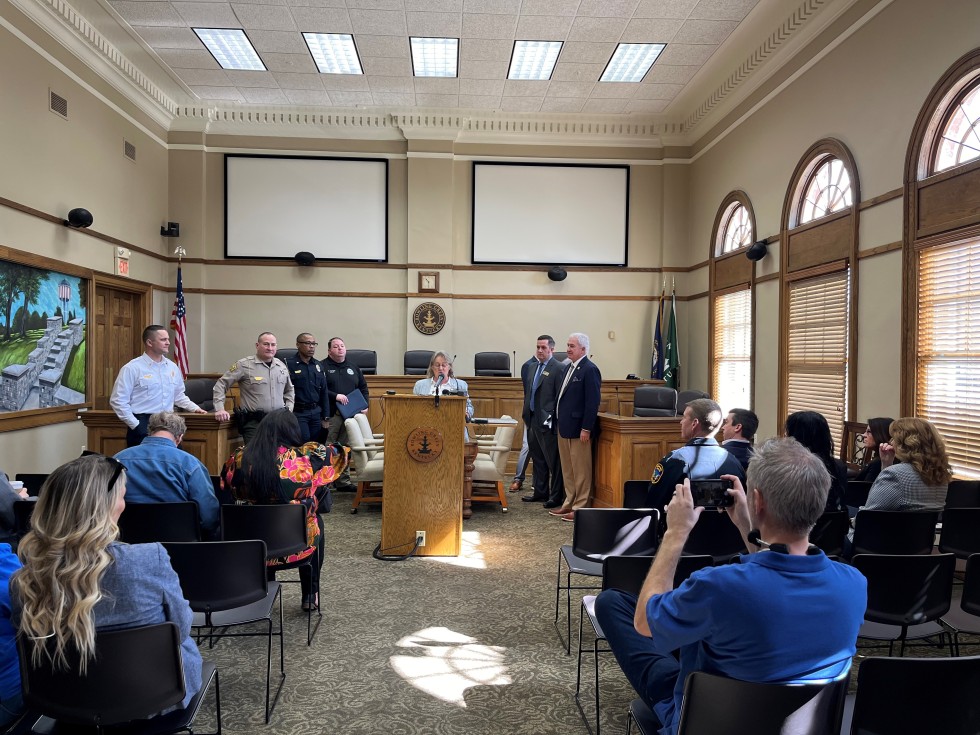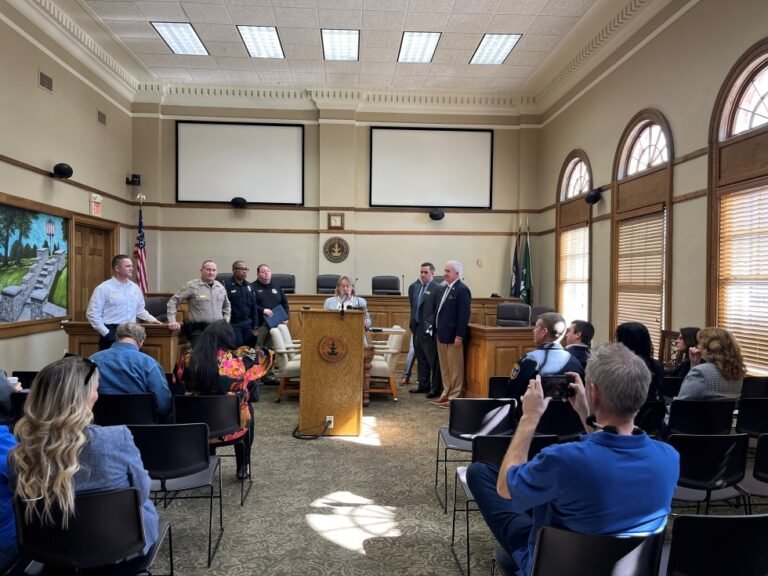
BOWLING GREEN, KY — After evaluating approaches to help local residents combat drug use and mental health crises, a community leadership committee decided to create a new treatment facility specifically designed for this task, bypassing law enforcement, the judiciary, and the medical emergency room system. is requesting state funds for the construction of the
The solution is modeled after a facility in Nashville that the 30-member committee visited last year. It provides immediate treatment for people struggling with mental health, substance use disorders, and homelessness, and in most cases responds more quickly than using law enforcement resources.
Committee members advise seeking about $20 million from the commonwealth, but estimate the new solution will save taxpayer dollars spent on local law enforcement and prisons.
LifeSkills, a community mental health center for the 10-county Barren River Regional Development District, has agreed to provide staff to operate the facility. The proposed facility would be built on land provided by LifeSkills on the Lovers Lane campus in Bowling Green.
For nearly a year, a committee of more than 30 leaders, including local and state officials, mental health professionals, and law enforcement officials, has been working in Bowling Green to address local mental health and substance use crisis services. The meeting was held at City Hall. The group is working with Mayor Pro Tem Sue Paligin, former Warren County Judge and Executive Mike Buchannon, and Mayor Todd Olcott to proactively address the growing mental health, substance abuse, and homelessness issues in our community. It was born from a conversation.
The Mayor directed Dr. Paligin to establish a review committee, which has grown into the current leadership committee involved in this effort.
The committee specifically addresses the mental health and substance use crisis as it relates to law enforcement, incarceration, the justice system, the health care system, and the quality of care for individuals in crisis. Nashville’s facility model refocuses resources spent on prisons, law enforcement, and the justice system on people in crisis, increasing the likelihood of positive outcomes and more productive citizens.
Committee members believe this is a regional and scalable model that can be replicated across the Commonwealth.




